The high temperatures of the sea water, which reached 30°C on the southern part of the Bulgarian Black Sea coast, drove the seasonal fish deep into the sea. Due to the heat combined with northerly currents, the Gobius and black scorpionfish, which are characteristic of the summer months, are now absent. They can be usually found as early as March, at water temperatures of 8-10°C, and their catch continues almost all year round, except in winter, when they hide in the holes of the rocks. This year, during the hot summer months, the fish went deep into the sea, where the water is cooler and the currents move.
"I have never seen the scorpionfish gone but there is no movement and no scorpionfish. For a month and a half, we have had northerly wind and when there is such a current, we know there would be no gobies,” fisherman Yordan Karakashev told BNR Burgas. “However, bonito came here 4-5 days ago. We catch some fish and people are happy. There is some Trachurus, too.”
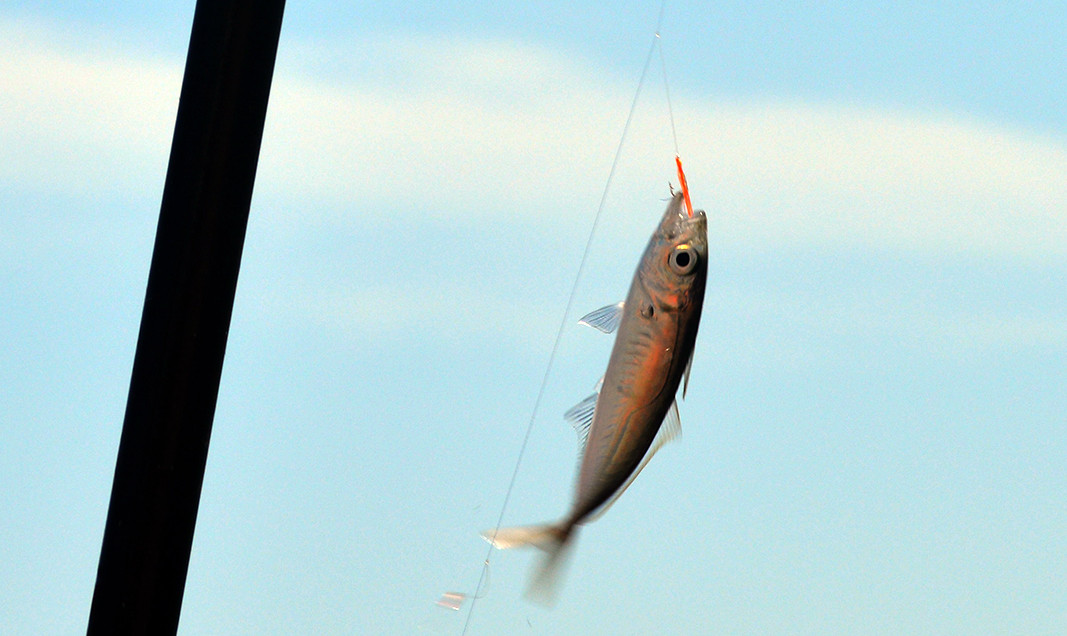
The Trachurus, which is among the preferred Black Sea fish in summer, can be found in passages from May to the end of June, and in July and August it is scattered. Then again it is found from September to the end of November, at a water temperature of 15-17°C. This year it could be found a month earlier in comparison to previous years. Yordan Karakashev has never seen such high temperatures of the sea water in the region of the southern Black Sea towns of Tsarevo and Ahtopol:
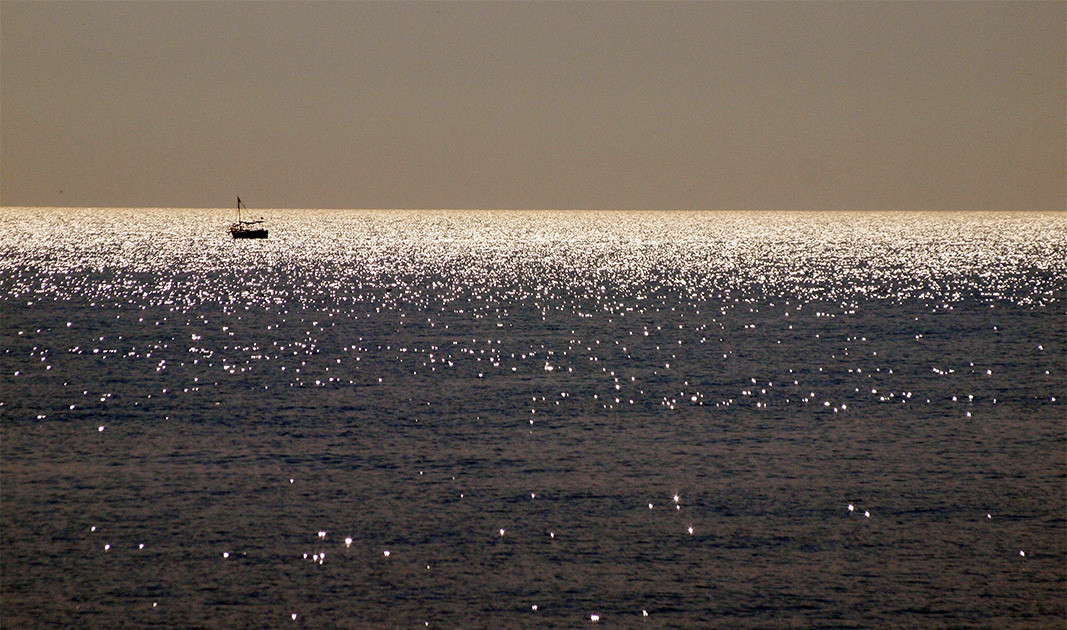
"We usually monitor the water temperature and in the summer it reaches 28°C for four or five days. A few days ago the water here reached 29 °C, and in Sozopol Bay it reached 30 °C. This had never happened. I myself dive to a depth of 12-15 meters and I found out that the was no cold water. The fish usually look for these temperature boundaries and now they have gone away. The large fish are where the small fish are. Where there is a difference in temperature there are also changes in the currents that carry food."
Speaking about the temperature anomalies, Yordan Karakashev says that they are not a big cause for concern: "As we see in history, there are cycles. Warm - cold, warm – cold, and now it's just a cycle, this too will pass". Asked about the entry of unknown species into the Bulgarian water area, he says that they are Mediterranean species and are not of economic importance:
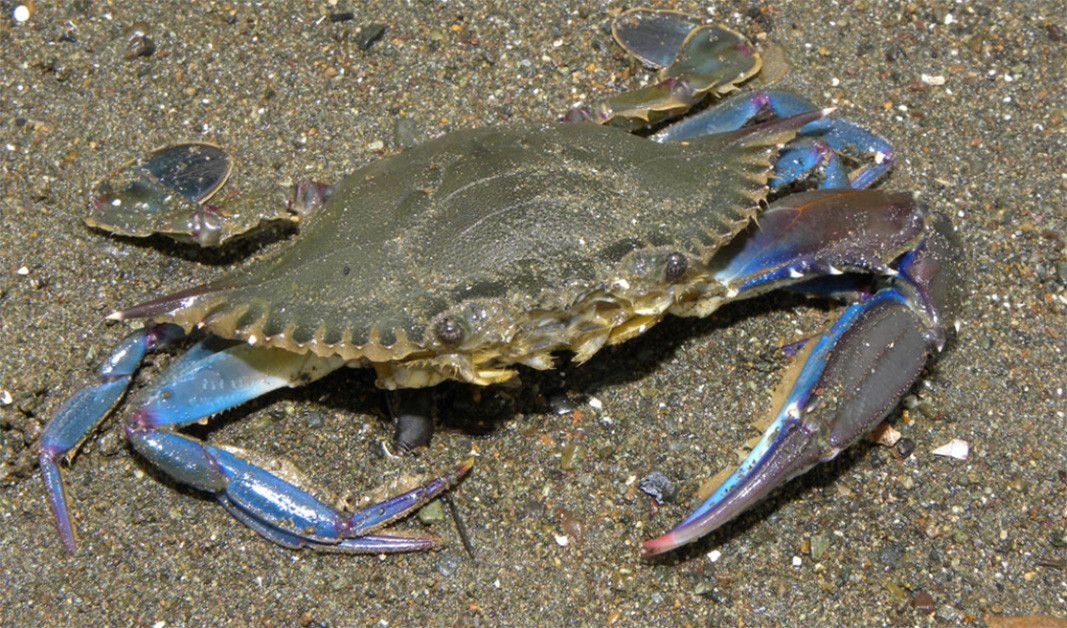
"For ten years exotic fish have been slowly coming. We don't know these species. Last year we caught a big blue crab with a strange shell. There are also Labridae, which are Mediterranean species, as well as Symphodus tinca. They are about 500-600 grams each."
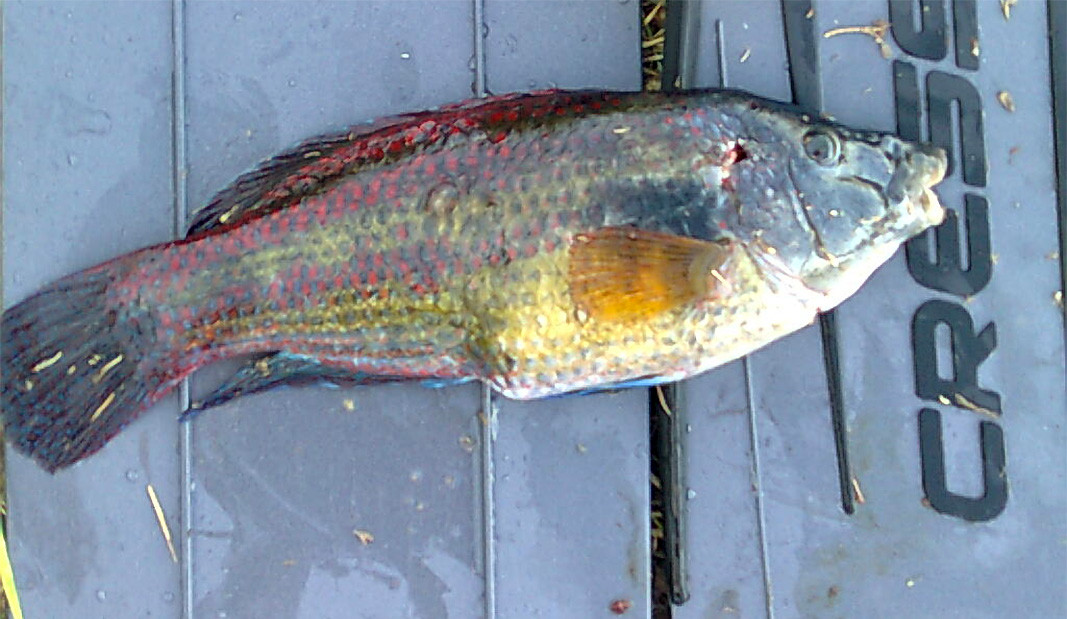
According to experienced fishermen, these fish are not suitable for eating because they have many bones, and the larger specimens also have sharp teeth. So fishermen count on the return of the Trachurus in September when the sea water becomes cooler. Then the bluefish can be found. It is valuable and tasty fish, which is also found in the Mediterranean Sea. It is also known on the east and west coasts of the Atlantic Ocean.
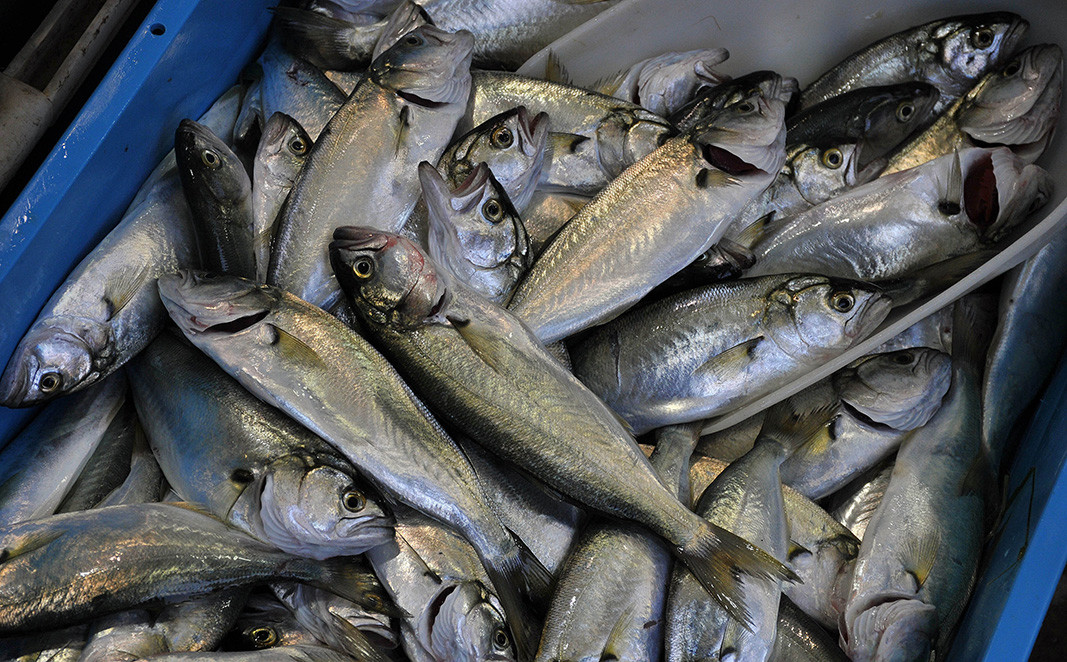
Text: Darina Grigorova / based on an interview by Nina Rangelova, BNR Burgas/
Publication in English: Al. Markov
Photos: BNR- Burgas, BTA, BGNES, archive
"We cannot escape from modern technologies, but we must think about how we can use artificial intelligence to improve the quality of education without losing human contact," said Mimi Nicheva, head of the Bulgarian Sunday School "Sts...
Nearly two centuries ago, in the distant 1838, the Bessarabian Archbishop Dmitry Kishinev and Khotinsky consecrated the magnificent Orthodox church "The Holy Transfiguration of the Lord" , built with voluntary donations and labor by the Bulgarian..
Bringing youthful energy, colour and cheer to the Bulgarian National Radio studio, students from the Bulgarian Sunday School Dr Petar Beron arrived from Larnaca. The group from Cyprus — 16 pupils aged between 14 and 19 — is currently on a week-long..
Forty Bulgarian schools in 22 US states have become a second home for the children of Bulgarian emigrants. They create continuity..
A case of a dog run over by a doctor in a district of Sofia has caused a wave of public indignation and a protest in Sofia, which will..
A Bulgarian-designed electric vessel has gained international recognition , reaching the final round of the prestigious Gussies Electric Boat Awards 2025 ...

+359 2 9336 661
